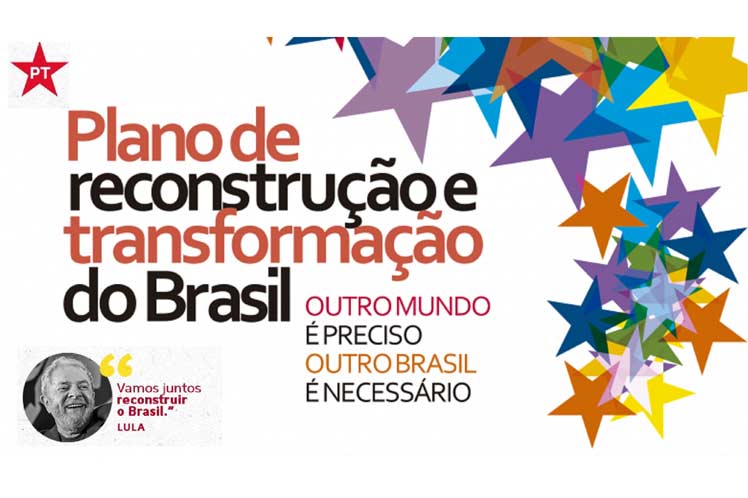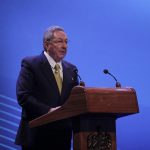Brasilia: The Workers’ Party (PT) will present today the so-called Plan for Reconstruction and Transformation of Brazil, which brings together proposals for the resumption of the economic and social development of the country, Prensa Latina publishes.
The political organization proposes to bring to society an initiative capable of guaranteeing a solution to the health, economic and social crisis in which the South American giant has been plunged since the parliamentary judicial coup that removed President Dilma Rousseff from power in 2016.
“We will save lives, we will generate jobs and income, we will develop the national economy, we will radicalize the democracy that is threatened today, we will promote sovereignty and we will build a new country”, the president of the PT, Gleisi Hoffmann, said.
The launch of the plan, which will be attended by former governors Luiz Inácio Lula da Silva and Rousseff, as well as former mayor Fernando Haddad, will be broadcast live on the official profiles of the PT and the Perseu Abramo Foundation on social media.
The actions included in the project seek to ensure a new path for the country, based on the expansion of opportunities, equality and broad freedom of expression and communication, in addition to the defense of national sovereignty, threatened by the Government of Jair Bolsonaro.
“We want to point out that the State has a role to induce development”, the economist Aloizio Mercadante, head of the Perseu Abramo Foundation and former minister of the Civil House in the Rousseff Government (2011-2016), Workers’ Party presents Brazil reconstruction plan.
These proposals were designed based on the contributions of hundreds of people – workers, women, blacks, indigenous people, representatives of the public sector, LGBTQI +, artists and intellectuals – committed to the country.
The plan is based on a diagnosis of the Brazilian crisis, deepened by the Covid-19 pandemic and the irresponsible behavior of the Bolsonaro government in response to the pathogen, which compromises the future and hinders a quick exit from the disaster.
It also foresees long-term emergency measures and will develop protective and inclusive public policies to combat structural racism, oppression, address homophobia and violence against women, indigenous peoples and the Quilombolas (Afro-Brazilians).

Redacción Digital
Equipo de redactores del sitio web de Radio Mayabeque



